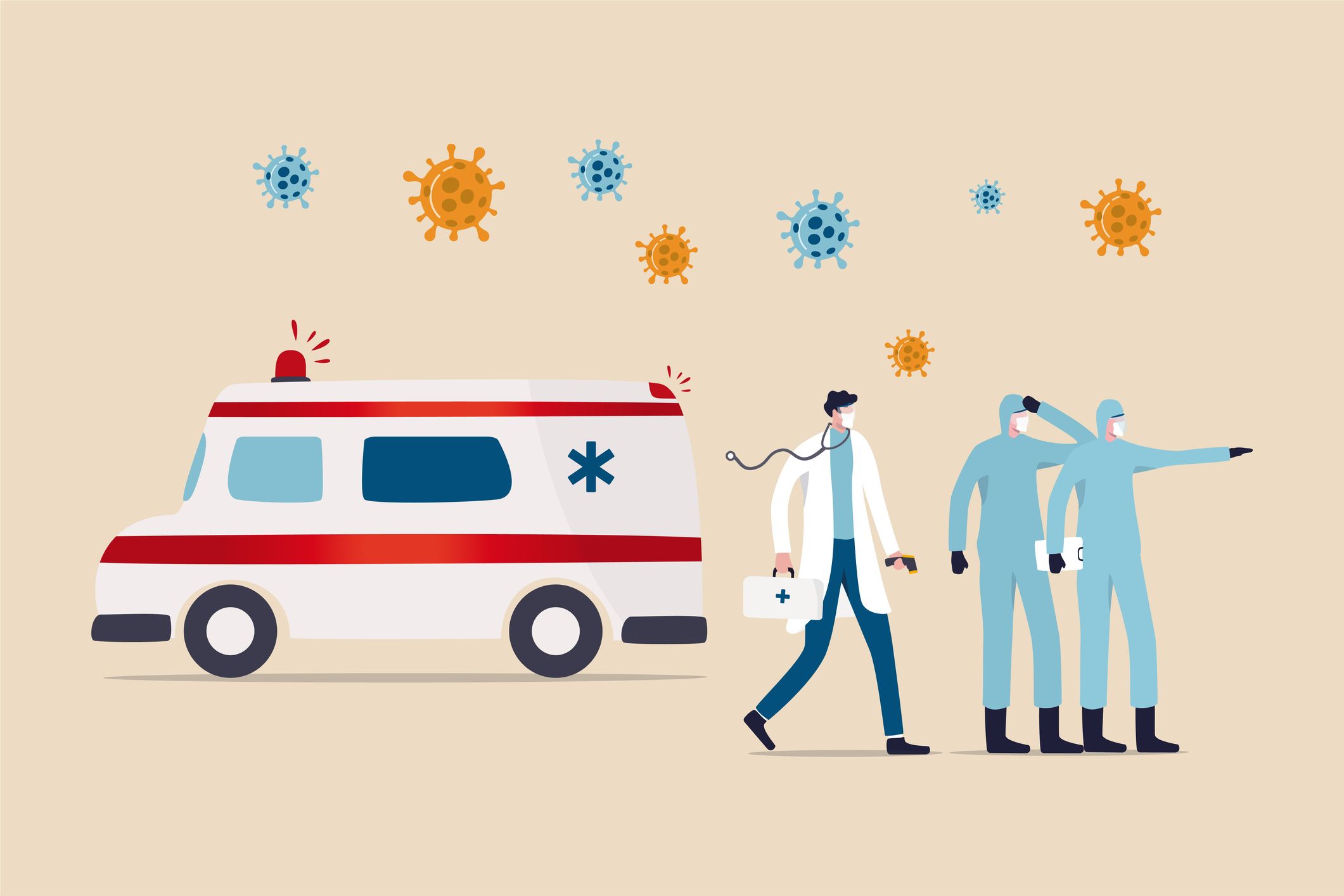- new u.s. study shows increase of takotsubo cardiomyopathy incidents, a temporary acute coronary syndrome, in march and april
- takotsubo cardiomyopathy is most common in women over the age of 50
- typically triggered by intensely stressful events and extreme emotions
the global toll and suffering as a result of the novel coronavirus has been heartbreaking, and now, new research shows covid-19 may be breaking hearts. literally.researchers from the cleveland clinic in ohio have reported a significant increase in stress cardiomyopathy in patients who don’t have covid-19, says a
new small study published in jama network open.stress cardiomyopathy, also called takotsubo syndrome — sometimes referred to as broken heart syndrome — is a temporary syndrome triggered by emotional stress, surgery, or an underlying serious illness. it is believed the release of stress hormones can
“stun” the heart and weaken the strength and vigour it needs when it contracts.the small study, which looked at 1,914 patients from two hospitals, found the number of cases of stress cardiomyopathy between march and april was higher than pre-pandemic times. patients who were admitted with symptoms indicating broken heart syndrome also had a longer hospital stay than before the pandemic started.the name
takotsubo comes from “tako tsubo,” the japanese word for a ceramic pot that is used to catch octopus. the left ventricle of a patient with broken heart syndrome balloons and resembles the shape of a japanese octopus trap.symptoms of broken heart syndrome, or stress cardiomyopathy include chest pain and shortness of breath, which makes it easy to mistake for a heart attack. it affects the heart by disrupting its pumping function and causes ballooning of the left heart ventricle. on figure 1, a medical app for healthcare professionals, there have been reports of cases of
takotsubo cardiomyopathy at funerals, after an “
awful confrontation” with a coworker, after a patient has
a death in the family, and after
undergoing open heart surgery.some other reported triggers can include a life-changing medical diagnosis, domestic abuse, losing — or even winning — a lot of money, public speaking, job loss, divorce, or physical events such as an asthma attack, covid-19 infection, or broken bones, according to the
mayo clinic.women over the age of 50 are at a higher risk, as well as people with neurological or psychiatric disorders. there is no standard treatment for broken heart syndrome, but patients will stay in the hospital until they are recovered. the condition should reverse itself in days or weeks and patients typically have
excellent short-term outcomes. there is no data yet on long-term outcomes. and because the u.s. study only looked at patients in northeastern ohio, more research is needed to know if there is a universal effect.
dduong@postmedia.com |
@dianaduodon’t miss the latest on covid-19, reopening and life. subscribe to healthing’s daily newsletter coming out of covid.
 2 minute read
2 minute read









